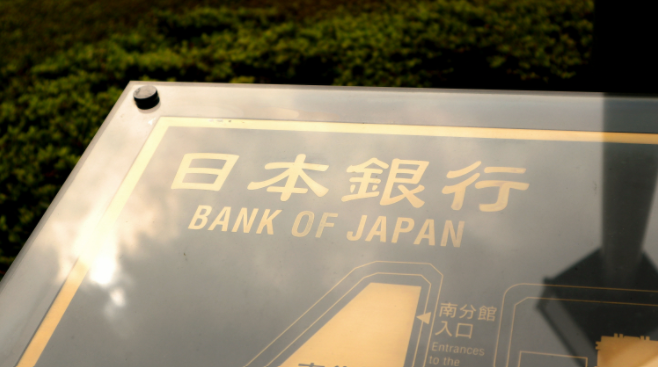The Bank of Japan (BoJ) has ended its 14-year ETF buying programme as part of a wholesale shift away from more than a decade of dovish monetary policy.
The policymaker’s move to end domestic equity ETF purchases coincides with popular Japanese indices surpassing all-time-high valuations established in 1989.
In an amendment announced last month, the BoJ said: “No purchases of ETFs and J-REITs shall be conducted under these terms and conditions on or after 19 March.”
BoJ Governor Kazuo Ueda did not explain what a potential exit plan for the policymaker’s ETF positions.
The announcement came ahead of the central bank ending its negative interest rate policy (NIRP) last week with a 10-basis point hike, its first since April 2007.
It also marks a halt to the buying programme which has seen the central bank amass 70trn yen – $462bn – of ETF holdings since 2010, including 34trn yen – $224bn – of unrealised gains by the end of March.
The BoJ’s ETF stockpile also accounts for 80% of all Japanese ETF assets representing 7% of the country’s stock market, according to data from Morningstar and Tokyo Stock Exchange.
Given the scale of the policymaker’s ETF buying, analysts fear the end or reversal of the programme will be impactful once the country’s current equity rally comes to an end.
“The BoJ stopping purchases of ETFs could increase volatility in Japanese equities, particularly during a downward phase,” Yujiro Goto, head of foreign exchange strategy at Nomura Securities, said.
However, others believe the end indiscriminate broad index purchases could be a long-term support for the cultural overhaul currently taking place across Japan’s corporate landscape.
“There was some criticism that the programme did not really contribute to improving corporate governance because it was a sustainable buyer of equities,” Ryota Sakagami, chief Japan equity strategist at Citi, added.
Since early 2021, the BoJ has added to its ETF holdings each time its target benchmark fell 2% or more during morning sessions.
Notably, the central bank has reshaped the programme in recent years, after opting to end purchases of Nikkei 225 ETFs in favour of TOPIX-tracking strategies in March 2021.
Owing to recent equity market strength, the BoJ has also gradually reduced its ETF buying, with nine rounds of purchases in 2022, three in 2023 and none so far in 2024.
Looking ahead, the BoJ said it has no plans to sell its ETF positions despite potential future political pressure to do so.
Last June, Japanese Finance Minister Shunicho Suzuki suggested the government should consider buying ETFs from the BoJ at book value to benefit from an additional revenue stream offered by dividend income.
His comments followed calls from an opposition party member for the government to purchase and offload the BoJ’s cache to distribute wealth to younger generations of the population.




